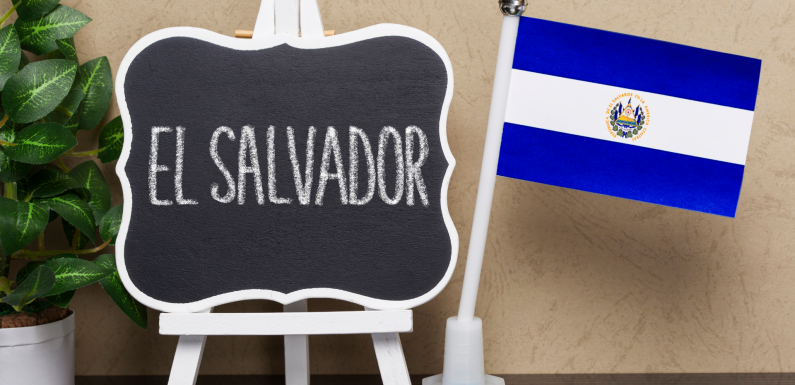
The legality of bitcoin in El Salvador has been a relatively hot topic lately, with the government of the Central American country recently announcing it would recognize bitcoin as a “legal means of payment for tax and economic obligations” — a decision that will likely have a big impact on El Salvador’s cryptocurrency community.
El Salvador has just taken a big step toward expanding the use of bitcoin, the digital currency that has many countries nervous. The Central Bank of El Salvador is currently considering an official proposal to use bitcoin in the country’s payments system.
To say that the news about El Salvador’s decision to accept Bitcoin as a legal tender is shocking is an understatement. The country is not exactly a major world player when it comes to financial matters, but as a result of this decision, it now is. In fact, it is now one of the most important countries in the world for Bitcoin’s development, as it is now one of the few countries to accept this digital currency as a legal tender.
The financial crisis in El Salvador caused a great deal of damage to its economy and financial system. The country has seen its GDP contract by more than two-thirds, and inflation levels skyrocket. With such a dire outlook, the government decided to legalize Bitcoin in the country.
El Salvador has recently made it easier to pay taxes through the use of bitcoin. The authorities have made it clear that they’re not taking the decision lightly, stating that the new law will not be overly restrictive and that it will not affect the local currency. However, the decision has been met with mixed reactions from the international community, with many experts arguing that the move could undermine the country’s legal system and trade system.
The government of El Salvador has made history by making the first foray into the digital currency world by declaring bitcoin legal tender. The new law, which took effect on May 28, provides for the issuance of bitcoin-based banknotes, called “bitcoins”, which are exempt from taxes. This, along with the government’s commitment to fighting money laundering and illegal financing activities, makes it the first country in the world to declare bitcoin as a legal tender.
El Salvador is the latest nation to announce that it will legitimize Bitcoin as a legal tender. The official announcement came on Friday (14th December), less than a week after El Salvador’s Congress unanimously voted to legalize the cryptocurrency. The decision makes El Salvador the second country in the world to do so, although an Australian state also recently legalized digital currencies.
El Salvador is making history by making bitcoin legal tender. That means that anyone who has digital currency can now use it to buy things online or pay for services.
This week, the Central Bank of El Salvador decided to scrap the country’s decades-old “peso-bitcoin” convertibility scheme instead of declaring bitcoin to be a legal form of payment.
The Central Bank decision comes after El Salvador’s Congress passed a law in June that legalised the use of the cryptocurrency in the country’s financial system.
Bitcoin continues to grow worldwide, but El Salvador continues to lead the way with Bitcoin adoption. El Salvador Bitcoin exchange Bitcoin.com has just announced that Bitcoin will become the nation’s national currency, meaning that Bitcoin exchanges are now able to offer Bitcoin-based financial services. This decision is likely to increase Bitcoin adoption in the country, attracting new users and encouraging Bitcoin exchanges to set up shop.
El Salvador has officially declared that it will be treating Bitcoins as legal tender, effective immediately. The Central Bank of El Salvador has announced that El Salvador will be the first world country to officially recognize the use of the controversial cryptocurrency as money by the end of the year.
During its first legislative session of 2018, El Salvador made digital currency legal tender. This piece of legal history will have significant consequences for the digital currency ecosystem in El Salvador, as well as across the world. Articles 131(e) and 132 of the national currency law now state that all entities have the right to exchange currency, whether digital or traditional, for free, without limits or restrictions.
